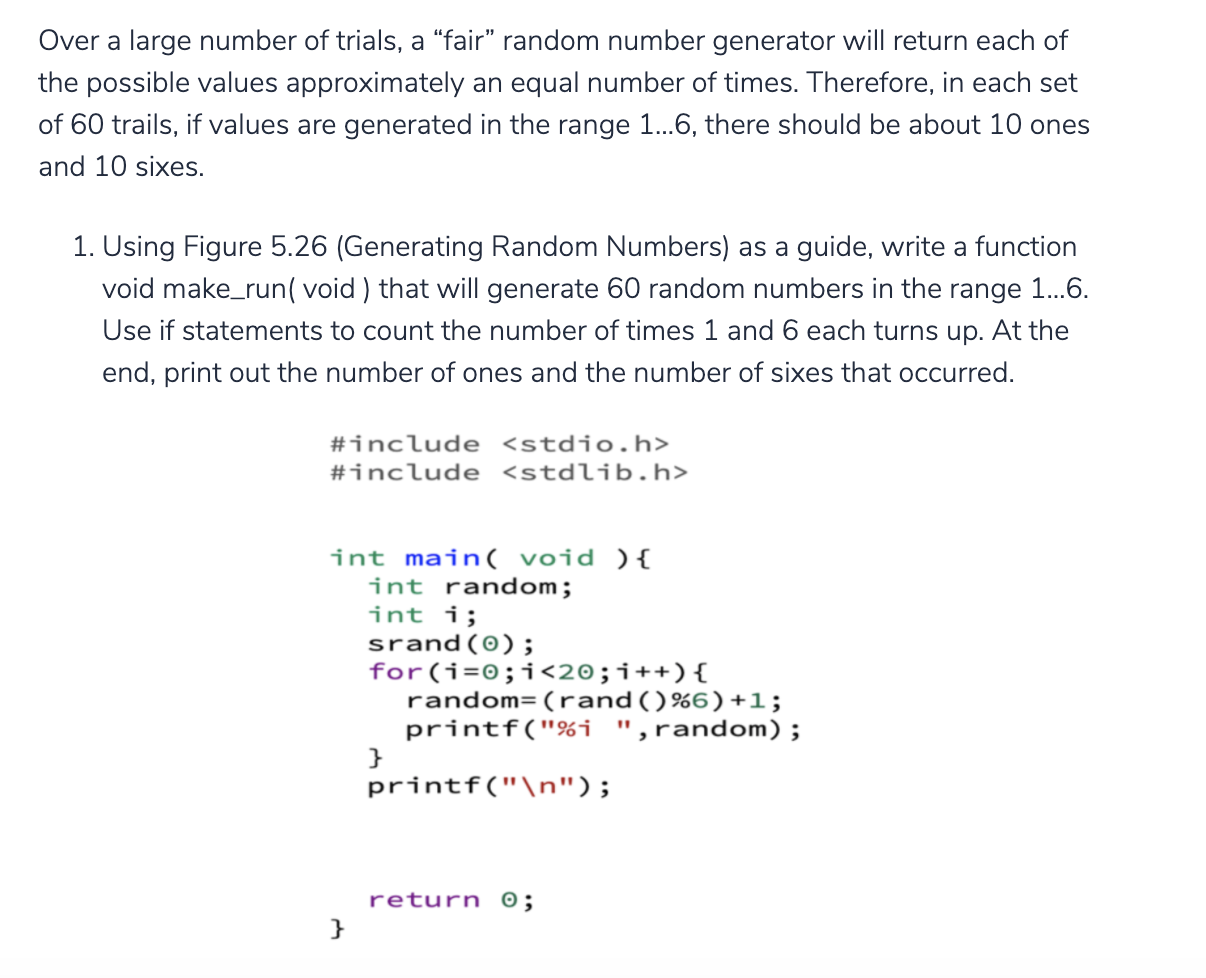
See " Existing RNG APIs in Programming Languages" for existing APIs.įor cryptographic RNGs, an application should use only one thread-safe instance of the RNG for the entire application to use.Įxamples: A cryptographic RNG is recommended. See " Cryptographic RNGs: Requirements" for requirements.

Does the application run multiple independent processes that use pseudorandom numbers?.Otherwise, generate a fresh seed using a cryptographic RNG. Yes: Use a manually-seeded high-quality PRNG.No: Does the application require reproducible "random" numbers?.Does the application use random-behaving numbers for information security purposes (for example, as passwords or other secrets)?.Information security means keeping information safe from attacks that could access, use, delay, or manipulate that information.Seed means arbitrary data serving as a PRNG's input.Pseudorandom number generator (PRNG) means a random number generator that produces numbers by an algorithm that mathematically expands its input.
OLD RANDOM NUMBER GENERATOR ALGORITHM SOFTWARE

OLD RANDOM NUMBER GENERATOR ALGORITHM CODE
This is an open-source document for an updated version, see the source code or its rendering on GitHub. Applications for which the selection of RNGs is limited by regulatory requirements.They are not RNGs since the numbers they produce depend on prior results. Generators of low-discrepancy sequences (quasirandom sequences), such as Sobol sequences.Generating numbers with unequal probabilities I discuss this topic in another document.Testing an RNG implementation for correctness or statistical quality.Guidance for implementations of RNGs designed for reuse by applications.Nondeterministic sources, entropy, and seed generation.Cryptographic RNGs, noncryptographic RNGs, and manually-seeded pseudorandom number generators, as well as recommendations on their use and properties.That is why this document discusses high-quality RNGs and suggests existing implementations of them. So that as a result, many applications use RNGs, especially built-in RNGs, that have little assurance of high quality or security. use RNGs that are initialized with a fixed value by default (as is the case in MATLAB and C),.NET Framework implementation of System.Random), and/or initialize RNGs with a timestamp by default (such as the.implement RNGs by default that leave something to be desired (such as Mersenne Twister),.



 0 kommentar(er)
0 kommentar(er)
